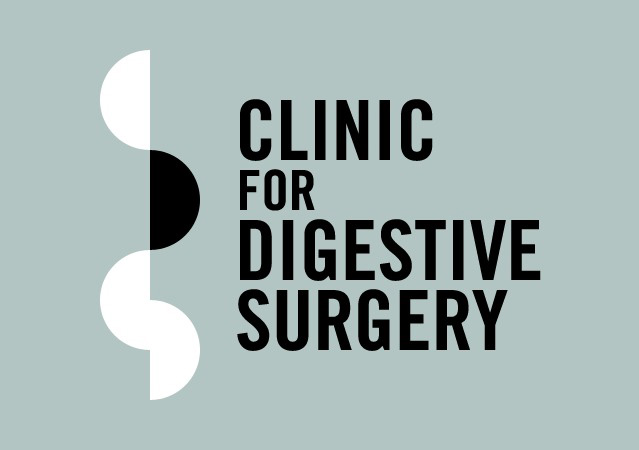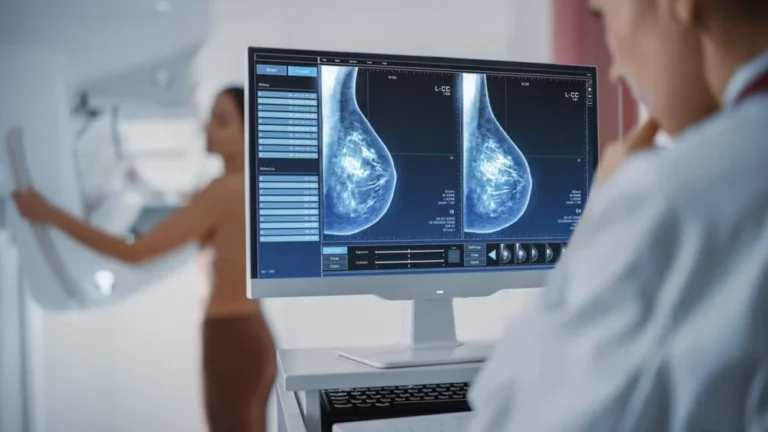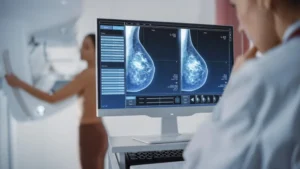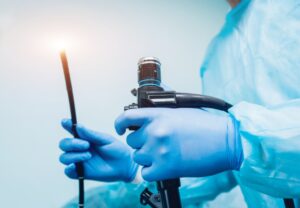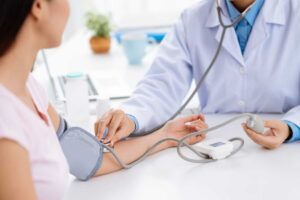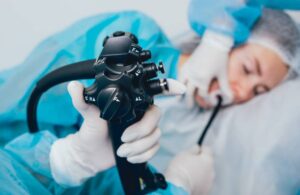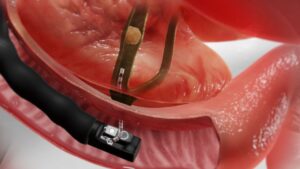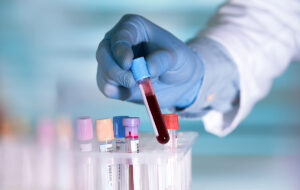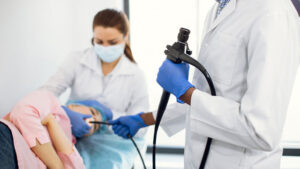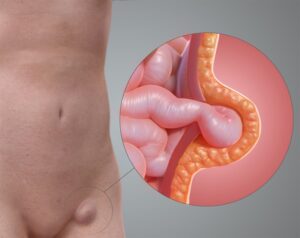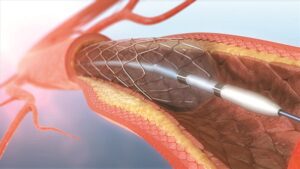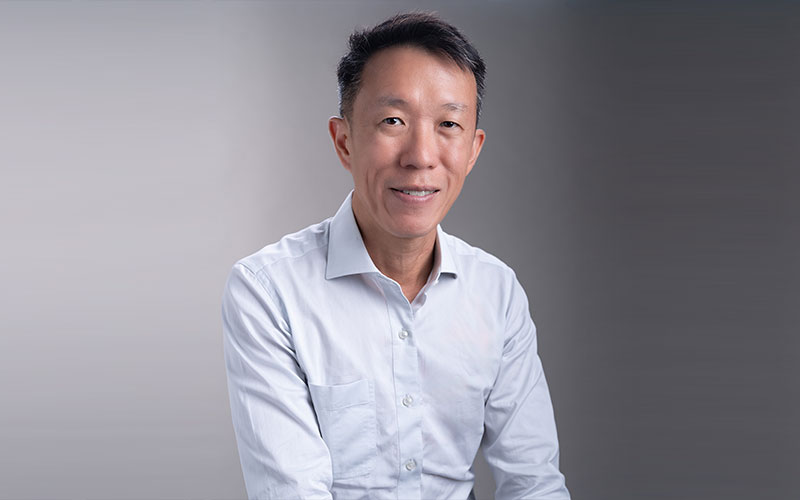What is Cancer Screening?
Cancer screening refers to the use of tests, examinations, and procedures to detect cancer in individuals who do not have any symptoms. The goal of cancer screening is to identify cancer at an early stage when treatment is most effective, potentially reducing mortality and improving outcomes.
Why Might You Need Cancer Screening?
Cancer screening is recommended for various reasons, including:
- Early Detection – Screening tests can detect cancer before symptoms develop, increasing the likelihood of successful treatment.
- Risk Assessment – Screening helps identify individuals at higher risk of developing certain cancers due to factors such as age, family history, or lifestyle.
- Preventive Healthcare – By detecting cancer early or identifying precancerous conditions, screening can prevent the development of advanced disease.
Types of Cancer Screening
There are several types of cancer screening tests available, each targeting specific types of cancer:
- Mammography – Used to screen for breast cancer in women, mammograms are X-ray examinations of the breast tissue.
- Colonoscopy – A procedure that examines the colon and rectum for signs of colorectal cancer or precancerous polyps.
- Pap Smear (Pap Test) – A screening test for cervical cancer that involves collecting cells from the cervix to detect abnormalities.
- Prostate-Specific Antigen (PSA) Test – Used to screen for prostate cancer in men by measuring levels of PSA in the blood.
- Computed Tomography (CT) Scan – Can be used for lung cancer screening in high-risk individuals, such as smokers.
- Skin Examination – Visual inspection of the skin to detect suspicious moles or lesions that may indicate skin cancer.
- Genetic Testing – Used to identify inherited mutations associated with an increased risk of certain cancers, such as BRCA mutations for breast and ovarian cancer.
Preparing for Cancer Screening
Preparation for cancer screening varies depending on the type of test being performed. Here are some general guidelines:
- Discussion with Healthcare Provider – Talk to your doctor about your family history, personal risk factors, and any concerns you may have about cancer screening.
- Understanding the Test – Learn about the specific screening test you will undergo, including its purpose, procedure, and potential risks and benefits.
- Follow Pre-Test Instructions – Your doctor will provide instructions on how to prepare for the screening test, which may include dietary restrictions, medication adjustments, or other specific guidelines.
- Schedule the Appointment – Arrange a convenient time for the screening test and ensure that you have adequate transportation to and from the appointment, especially if sedation is involved.
What to Expect During Cancer Screening
The experience of cancer screening varies depending on the type of test being performed. Here’s what you might expect:
- Preparation – You may need to fast or make other preparations before the screening test, as instructed by your healthcare provider.
- Procedure – The screening test will be performed by a trained healthcare professional following established protocols and guidelines.
- Discomfort – Some screening tests may cause mild discomfort or inconvenience, but they are generally well-tolerated.
- Results – After the screening test, you will receive the results, which may be immediate (such as with a mammogram) or may take a few days to weeks (such as with genetic testing). Your doctor will discuss the findings with you and any necessary follow-up steps.
After Cancer Screening
After undergoing cancer screening, you may have some follow-up steps depending on the results:
- Normal Results – If the screening test results are normal, you may be advised to continue regular screening at recommended intervals.
- Abnormal Results – If abnormalities are detected, further diagnostic tests or procedures may be needed to confirm or rule out cancer or precancerous conditions.
- Follow-Up Appointments – Your doctor will discuss any necessary follow-up appointments or interventions based on the screening results and your individual risk factors.
Risks and Benefits of Cancer Screening
While cancer screening can be valuable in detecting cancer early, it is essential to consider both the benefits and potential risks:
- Benefits – Early detection of cancer can lead to better treatment outcomes, increased survival rates, and improved quality of life.
- Risks – Some screening tests may carry risks, such as false-positive results, overdiagnosis, unnecessary procedures, or anxiety related to screening outcomes.
Your doctor can help you weigh the benefits and risks of cancer screening based on your individual circumstances and preferences.
Frequently Asked Questions (FAQs)
How often should I undergo cancer screening?
The frequency of cancer screening depends on factors such as age, gender, family history, and personal risk factors. Your doctor can provide personalised recommendations based on current guidelines and evidence-based practices.
Are cancer screening tests covered by insurance?
Many cancer screening tests are covered by health insurance plans, particularly those recommended by major medical organisations and guidelines. Check with your insurance provider to understand your coverage and any out-of-pocket costs.
What if I have symptoms of cancer?
If you experience symptoms that may be indicative of cancer, such as unexplained weight loss, persistent pain, changes in bowel habits, or unusual lumps or masses, it’s important to see your doctor promptly for evaluation and appropriate diagnostic testing.
Can cancer screening prevent cancer?
While cancer screening can detect cancer at an early stage, it is primarily intended for early detection and treatment rather than prevention. However, some screening tests, such as colonoscopy, can also identify and remove precancerous growths, potentially preventing the development of cancer.
Are there alternative screening options available?
In some cases, alternative screening options, such as genetic testing for certain cancers or imaging modalities for specific populations, may be available. Your doctor can help determine the most appropriate screening approach based on your risk factors and preferences.
Cancer screening is a vital component of preventive healthcare, allowing early detection of cancer when treatment is most effective. By understanding the importance of cancer screening, preparing for the screening tests, and following up on results, individuals can take proactive steps to safeguard their health and well-being.
If you have questions or concerns about cancer screening, don’t hesitate to discuss them with our clinic. Your proactive engagement in cancer screening can significantly impact your long-term health outcomes.
